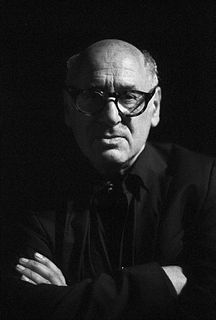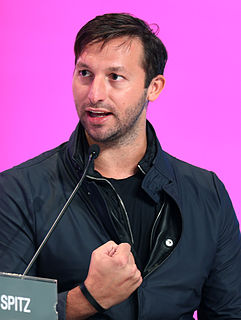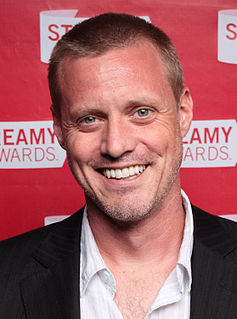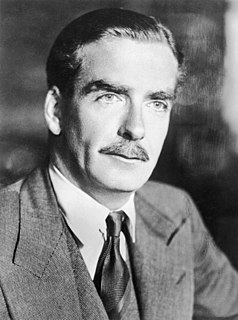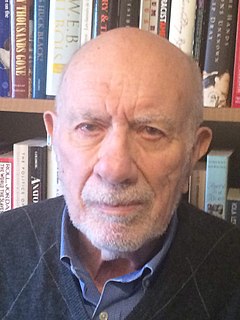A Quote by Michael Nyman
There's always a question of duration, there's a question of who the orchestra is. No one is free to write what you want - you collaborate on a film score, and one of the good things is that someone else's work is motivating you.
Related Quotes
So is the English Parliament provincial. Mere country bumpkins, they betray themselves, when any more important question arises for them to settle, the Irish question, for instance,--the English question why did I not say? Their natures are subdued to what they work in. Their "good breeding" respects only secondary objects.
This is a good thing to say to film students. If there's a story point that you don't feel right about, that there's a question you have - "Does it really make sense?" Or, "Is that plausible? Is it implausible? Is it set up?" Or whatever. Go at it. Don't let it go. If there's a question in your mind, you're probably right. You probably do need to work on it and think about it more.
